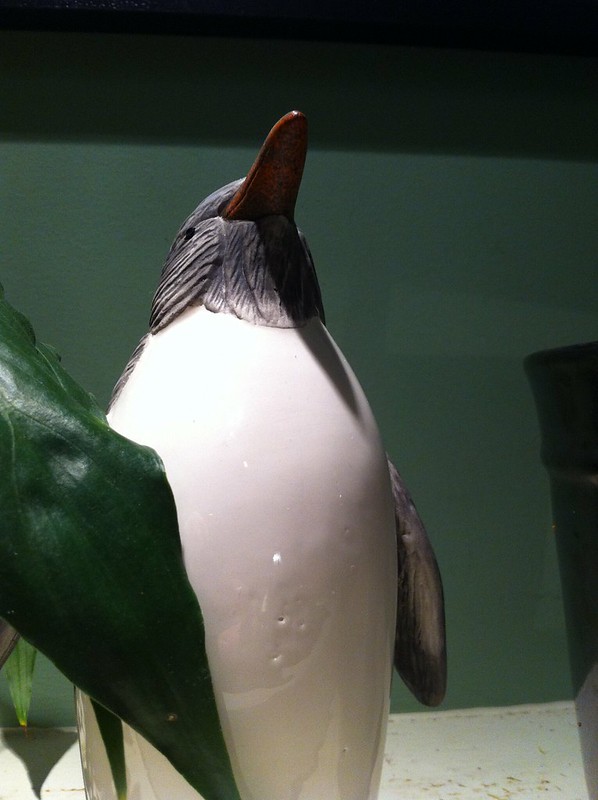I wish I could say I spent no more time working from home this afternoon, but that would be a lie. I spent a couple of hours before dinner summarizing some more of this large report I’m not going to get a chance to work on tomorrow.
Before that, though, I did get to go to do the Sunday crossword, watch some Babylon 5, and go to my Sunday writing group. So there’s that.
The radio was playing that old familiar song, the one that she had always liked, and Albert switched it off. I won’t remember doing that, he thought. I won’t remember standing here, thinking this, and then I won’t remember the song, or the radio, or even, eventually, her. All of this, every last moment of this, will be gone. If Margaret was there now, he’d want to tell her this, force her to remember for him, but it was that kind of thing that had made her leave in the first place. When she’d left, all he’d had to turn to was his work, and that was why was here, now, and why in ten minutes from now he wouldn’t be. In ten minutes — no, Albert looked at the clock, saw it was now only eight — there would be someone else standing here, someone other than Albert. The computer would no longer tell him what that new personality would be like, not since Albert had forgotten his access codes, but he could already feel it reaching into the darker corners of his brain, taking up residence. The Albert that he was, standing here now, wondering who had turned off the radio, that man was being rewritten. Why had he done this again? There had been a reason, he was sure of it. National security? To get back at Margaret? He wished Margaret was here now to tell him what that reason was, or at least to get him back into the computer using her own access codes. Everything had gotten hazy since Margaret had left.
It was cold in here, standing by the window. There was snow on the ground outside. Albert was tempted to call it frigid, but that didn’t sound like the right word. He wished he could think of the right word. It was difficult to think ever since somebody had turned off the radio.
“Because we focused on the snake, we missed the scorpion,†he thought, wondering why. Were those the new thoughts or the old, the buds of spring pushing up from the earth or the last of the autumn leaves to fall from the tree? He didn’t think he’d been a poet, and that had the ring of poetry to it. But then again, what he thought, and what he was, had been narrowing to a fine point over the last couple of days. And in just ten minutes — or was it five? — all of that would be gone. Albert just hoped whoever he was becoming was someone good.
And that was Sunday.




